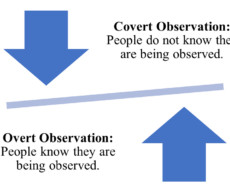More Than Fiduciary Oversight – How Board Members Can Support the Grant Writing Team by Megan Campbell, MPA, GPC
Assel Grant Services
DECEMBER 8, 2024
According to BoardSource , the board [of directors] is responsible for ensuring that the organization is appropriately stewarding the resources entrusted to it and following all legal and ethical standards. indirect costs, matching funds, supplanting). Understand the issues that could impact their nonprofit agencys finances (e.g.,











Let's personalize your content